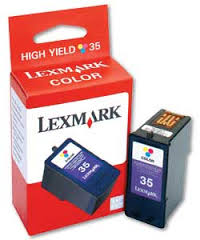
The purpose of the Lanham Act [15 U.S.C. § 1125(a)(1)(A)&(B)] includes “protect[ing] persons engaged in [commerce within the control of Congress] against unfair competition.” At common law, unfair competition was understood to be concerned with injuries to business reputation and present and future sales, so under the Act, “a plaintiff must allege an injury to a commercial interest in reputation or sales.”
The federal district court held that defendant lacked standing to bring a claim under the Act, and the circuit court of appeals reversed. The U.S. Supreme Court held that defendant adequately pleaded the elements of a Lanham Act cause of action for false advertising, stating: “The District Court emphasized that [plaintiff] and [defendant] are not direct competitors. But when a party claims reputational injury from disparagement, competition is not required for proximate cause; and that is true even if the [] aim was to harm its immediate competitors, and [a party] merely suffered collateral damage. Consider two rival carmakers who purchase airbags for their cars from different third-party manufacturers. If the first carmaker, hoping to divert sales from the second, falsely proclaims that the airbags used by the second carmaker are defective, both the second carmaker and its airbag supplier may suffer reputational injury, and their sales may decline as a result. In those circumstances, there is no reason to regard either party’s injury as derivative of the other’s; each is directly and independently harmed by the attack on its merchandise.” (Lexmark Intern., Inc. v. Static Control Components, Inc. (U.S. Sup. Ct.; March 25, 2014)134 S.Ct. 1377, [188 L.Ed.2d 392].)
Leave a Reply
You must be logged in to post a comment.